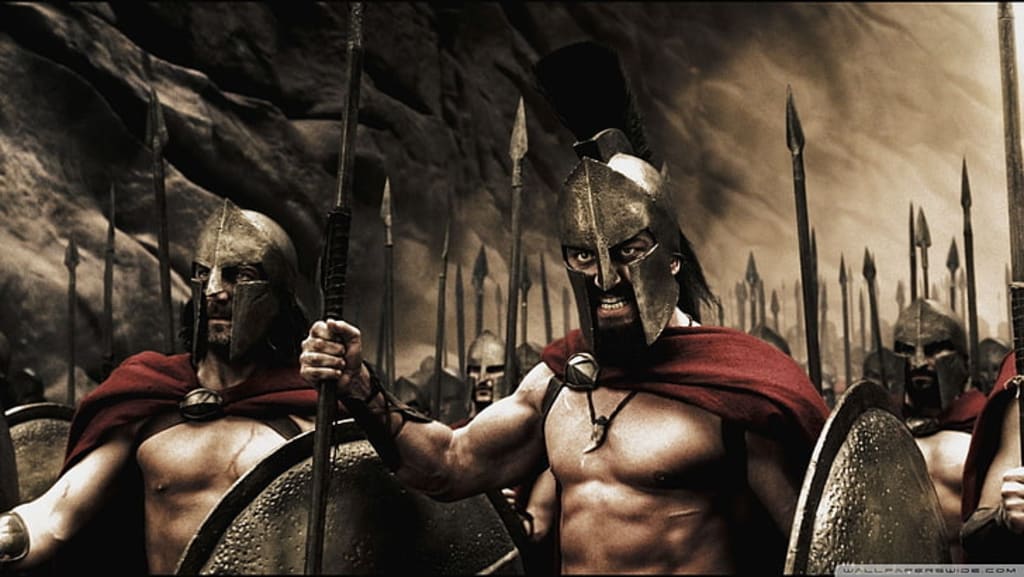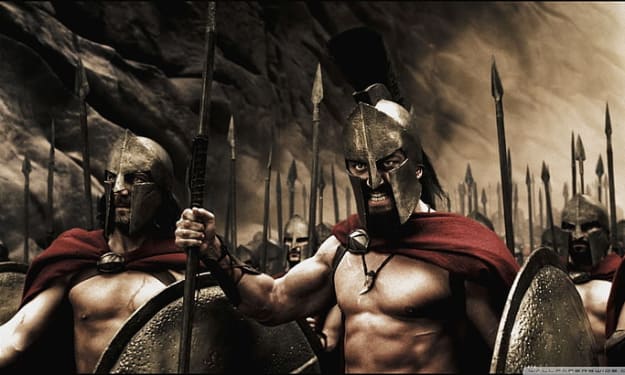Unraveling Spartan History: Ancient Greece's Fierce Warriors
Ancient Spartan History & Lifestyle

Spartan Society and Culture:
In Ancient Greece, the Spartans were a formidable society of warriors who established their city-state known as Sparta. The period from 431 to 404 B.C. saw Sparta rise to new heights through victories in the Peloponnesian War. The Spartan culture revolved around unwavering loyalty to the state and military service. The backbone of Spartan society was state-sponsored education, military training, and social service, known as the "agoge" system. This rigorous program instilled principles of discipline and endurance in the young Spartans.
Spartan Women - Educated and Independent:
Spartan women played an active role in their society, even though they didn't participate in the military. They received education and were trained to take care of household affairs and manage estates. Interestingly, Spartan women enjoyed more freedom and status compared to their counterparts in other Greek city-states. They engaged in athletic competitions, such as javelin throwing and dancing, to attract potential husbands. Unlike in many other Greek societies, Spartan women were allowed to own and manage property as adults.
Life of a Spartan Warrior:
The life of a Spartan warrior was one of struggle and hardship, as they lived in constant preparation for warfare. Spartans were also known as "hoplites," referring to heavily armed infantry soldiers. Their training began at the age of 7 and involved intense physical competitions and survival exercises, which included stealing food to enhance their skills. The most promising young leaders were selected for a secretive police force known as the "Krypteia," responsible for maintaining order and terrorizing potential troublemakers among the helot population.
Spartan Military Gear and Tactics:
Spartan soldiers were renowned for their distinctive appearance and formidable equipment. They donned large bronze helmets, breastplates, greaves, and carried long spears and iconic round shields. Their long hair and beards, paired with their fierce and intimidating expressions, struck fear into their enemies on the battlefield. The Spartans' mastery of fighting in tightly-knit formations, known as the phalanx, enabled them to coordinate precise attacks and exhibit unmatched discipline and unity.
The Role of Spartan Women in Society:
Spartan women were not merely confined to domestic roles but played an essential part in Spartan society. Marriage was highly valued, as it was crucial for producing new Spartan citizens. The state encouraged and even forced its citizens to marry in order to procreate as much as possible. Late marriages were publicly shamed, while fathers who produced multiple sons were rewarded.
Marriage and Married Life in Sparta:
Married couples faced a unique set of challenges in Sparta. After marriage, men continued to reside in communal barracks, away from their wives. This arrangement meant that husbands had to secretly visit their wives at night. Married women had to cut their hair short as a symbol of their new status, while unmarried women kept longer hair. Despite the physical distance, Spartan women enjoyed relative independence and responsibility in managing their households.
Spartan's Conquests and Famous Battles:
Among the most significant events in Spartan history were the wars against the Persian King Xerxes during the Greco-Persian Wars and their participation in the Peloponnesian War against Athens. The Spartans demonstrated unparalleled bravery and military prowess in these conflicts, earning their place as legendary warriors in history.
Legacy of the Spartans:
The legacy of the Spartans endures through history as an emblem of fierce military might and discipline. Their contributions to ancient Greek society and culture continue to captivate scholars and enthusiasts alike, leaving an indelible mark on the annals of human history.
Conclusion:
The Spartans were a formidable and complex society of warriors whose cultural, military, and social practices continue to intrigue and inspire us today. From their rigorous training and legendary military prowess to the empowered role of Spartan women, their legacy remains a symbol of strength, unity, and discipline. The stories of their triumphs and struggles in ancient Greece continue to resonate with us, reminding us of the enduring power of loyalty, bravery, and freedom.






Comments
Young Writer is not accepting comments at the moment
Want to show your support? Send them a one-off tip.